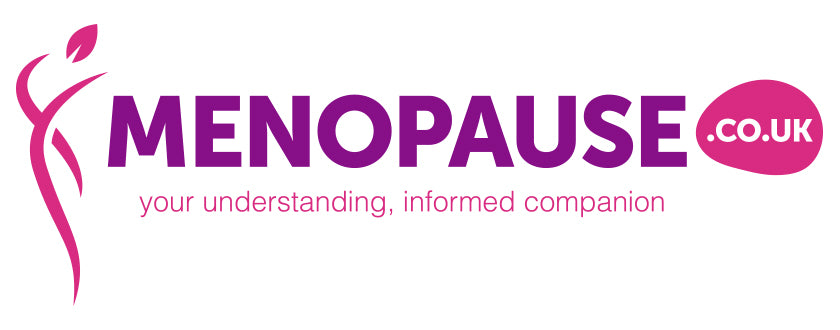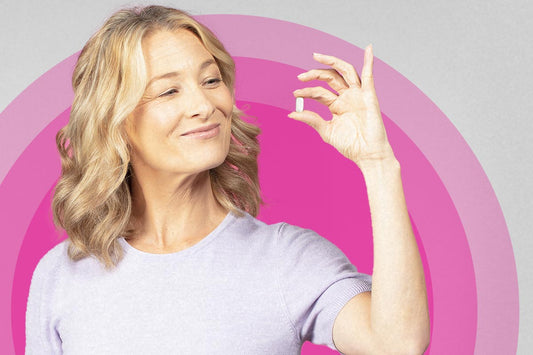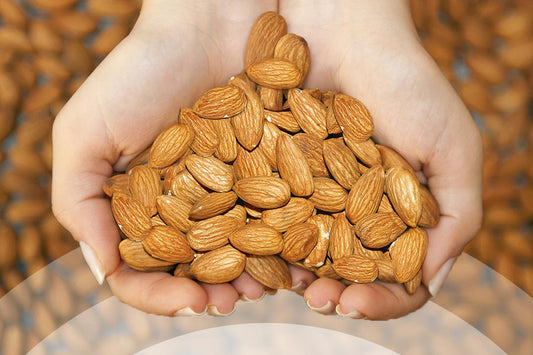Many hormones affect muscle tone, however, for the pelvic floor the most notable are oestrogen and progesterone. When the levels of these hormones drop, the ligaments that hold the bowel, uterus and bladder in place become thinner, weaker and less resilient. These hormones can drop at various times in our lives such as post pregnancy and menopause but also due to high levels of stress as stress interferes with our body’s ability to make these hormones effectively.
Incontinence hugely affects women’s emotional health. It can lead to anxiety about being away from home or near a loo and a fear of travelling which can lead to social isolation, dependency on others and very negative body image. All of these issues can cause depression and other mental health issues if incontinence isn’t managed effectively.
However, there many other lifestyle or dietary factors that might contribute to incontinence. Blood sugar instability can cause the body to create too much stress hormone (cortisol) which in turn can increase our need to urinate and eventually develop incontinence. Eating a balanced diet of the right ratio of protein, fats and carbohydrates is essential for managing this issue. Additionally, food intolerances and dehydration can irritate the bladder and bowel and cause inflammation that leads to incontinence and also infections. When we have incontinence, we can be nervous of drinking water but that ultimately causes more issues.
Using tools such as mindfulness can help deal with the stress, anxiety and mental health issues caused by incontinence.
The important take home message is that hormones don’t work in isolation. There is an interplay between our female sex hormones (oestrogen and progesterone), our stress hormone (cortisol) and our blood sugar hormones (including insulin) so eating a balanced diet and learning tools to reduce stress can therefore play a huge part in getting our pelvic floor back in good shape, along with specific movement to strengthen muscle tone. Working with a professional to balance your hormones is essential for incontinence management alongside working with specialist pelvic health practitioners.




